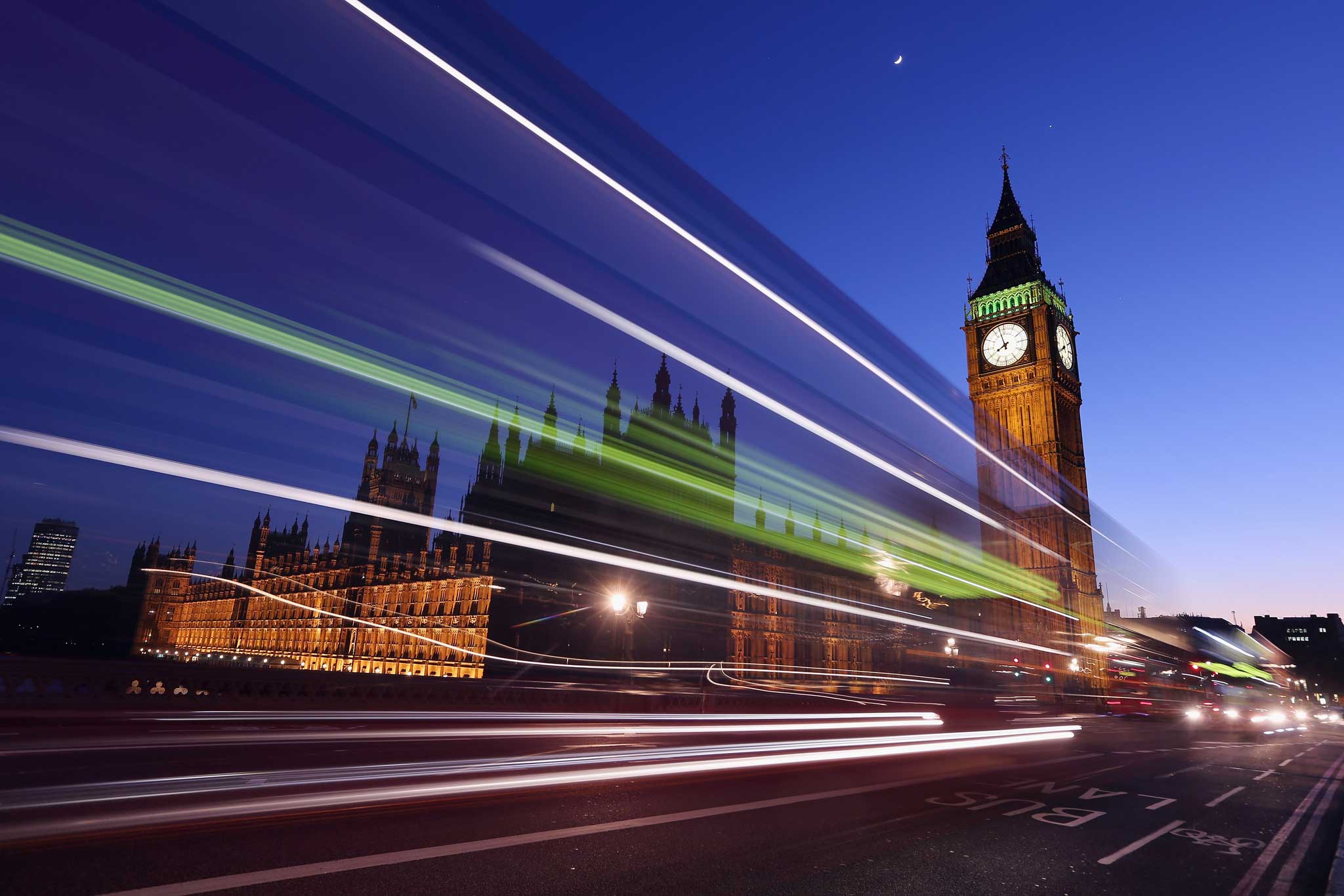Parliament: the Biography II by Chris Bryant, book review: A history of Members' indiscretions

Did you know that the last MP to be permanently expelled from the House of Commons was a journalist named Garry Allighan who was elected in 1945, and ejected in 1947 for the appalling crime of writing a newspaper article in which he alleged that MPs were selling information to newspapers?
In the second volume of his "biography" of Parliament, Chris Bryant kindly supplies the prurient reader with a wealth of mildly shocking anecdotes. No less than three chapters concentrate exclusively on parliamentary scandals.
The first deals with sex, the second – and least interesting, for my taste – runs through the recent expenses scandal, and the third, headed "Tired and emotional", relates to drunkenness. What the first and the third graphically illustrate is how fickle fate has been in deciding which politicians should be brought down by their private behaviour and which shall get away with it.
Seemingly, the only sexual offence that carried a political death sentence in Victorian times was to be named as a co-respondent in a divorce hearing. That finished two of the most talented politicians of the Victorian era, Sir Charles Dilke and Charles Parnell.
By contrast, a long sequence of extramarital affairs did no damage to the career of Henry Palmerston, who rose to be Prime Minister. A more sordid story of political survival occurred after the turn of the century, when the Liberal MP and Cabinet minister, Lewis Harcourt, thrived for decades despite being a voracious, predatory paedophile. When, finally, the mother of a 12-year-old boy reported him to the police, he took an overdose. To avert a scandal, the coroner refused to record a verdict of suicide.
Parliament's history is so wide a subject that Bryant has had to be selective in what he covers, and what he leaves out. His focus is the personalities who passed through Parliament – the big names who brought credit to the place, and the rogues and time-servers who did not. The detail is sometimes impressive; the choice of what to omit is occasionally exasperating.
The building that houses Parliament has an intriguing history: during the period covered by this volume, it burned down and was rebuilt on a grand scale at great speed and vast cost. Bryant deals with that in just a few sentences. There is no mention anywhere of Thomas Hansard, the printer who launched the first official record of Parliament's proceedings, but there is, oddly, a comprehensive list of MPs in the current Parliament who are "out" gays, and a complete rundown of the home towns of all the bishops of Bath and Wells from 1727 to 1854 – none of whom deigned to live anywhere near their congregations.
A trained historian would have made a different choice of material, I suspect, but there again, anyone who writes for a living might have balked at embarking on such a vast project. Bryant produced this long and readable work whilst keeping up his day job as a Labour MP and Shadow minister. Impressive.
Join our commenting forum
Join thought-provoking conversations, follow other Independent readers and see their replies
Comments